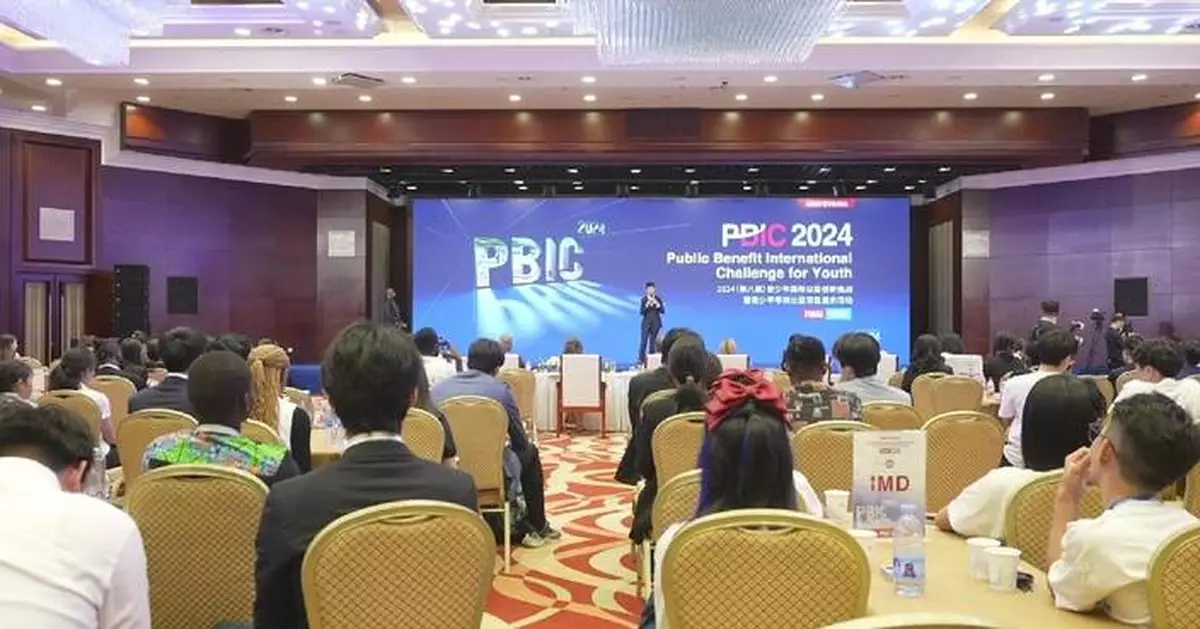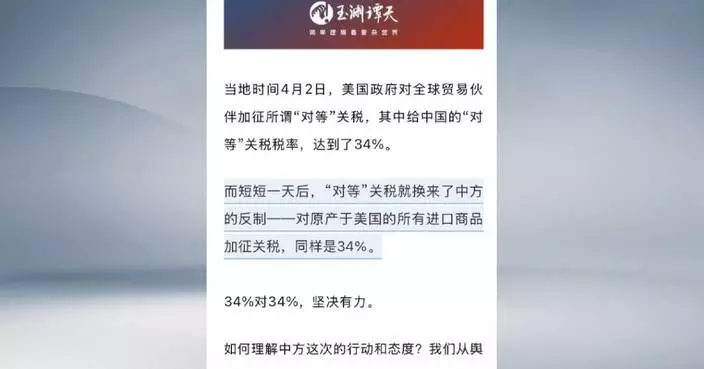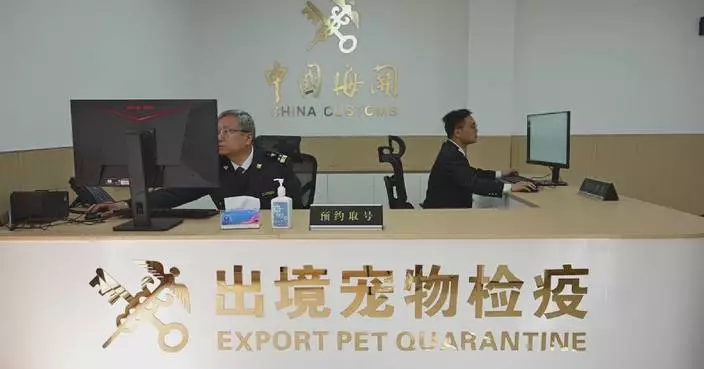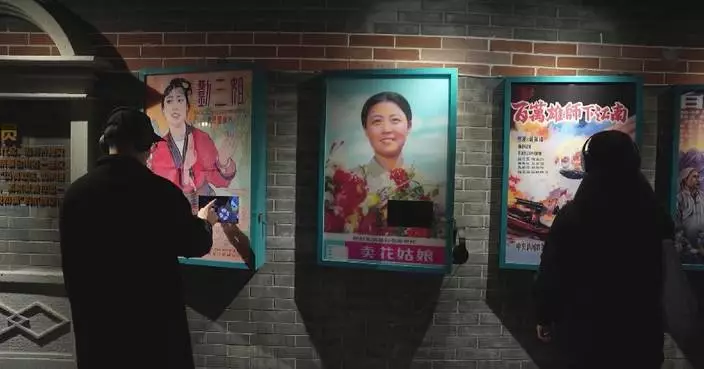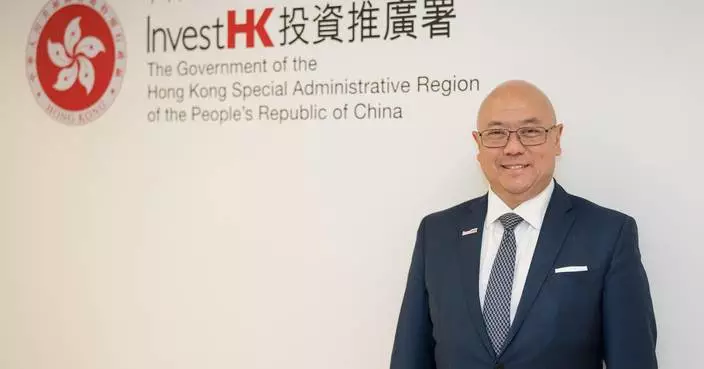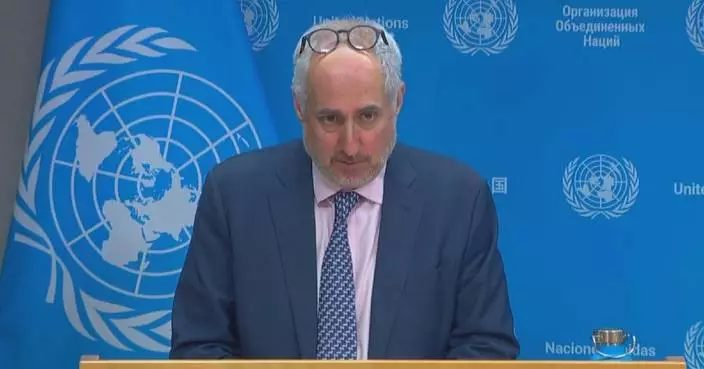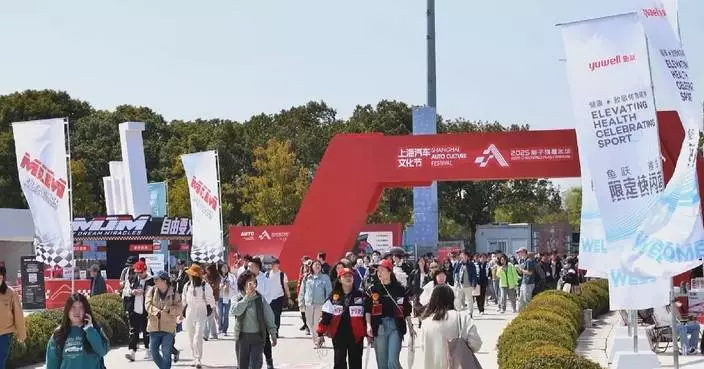The 8th edition of the UN-supported Public Benefit International Challenge for Youth, or PBIC, concluded its over two-month contest in Beijing last Sunday, with teenagers in China developing innovative ideas to solve societal problems in Africa.
Promoting safe drinking water, achieving gender equality, and reducing marine pollution are just three of the 12 innovative solutions for this year's PBIC.
The Public Benefit International Challenge for Youth, jointly organized by the United Nations Population Fund and the China-Africa Business Council, aims to strengthen ties with Africa by challenging teenagers in China to come up with innovative solutions for a better Africa.
"It is a good opportunity to build up strong connection between China and Africa. Also people can learn different cultures and other information from different perspectives," said Chu Weiran, a PBIC participant.
To help Chinese youths better understand Africa, each team is paired with one African student studying in China who serves as a mentor.
"We are all united to build something great altogether. Those children really have the passion for Africa to build something great over there," aid Oyama Devlin Zion, a PBIC mentor.
"On this side of the world so far from Africa, we're having conversations to make change in Africa, to empower women in Africa, men in Africa, and to overall improve life in Africa. That already shows willingness to build deeper and stronger our relationships," said Divine Lisala, CEO of Deluxe World.
Besides fostering great exchanges and closer bonds, what's more impressive is the practicalness and creativity exhibited in the projects of young competitors.
Huang Zhongyang, co-founder of PBIC, said that ever since the program was established in 2017, many innovations proposed by Chinese students are being implemented in Africa step by step.
"Last year, we implemented a program called Blossomy Africa, which provides women in underprivileged areas of Africa with access to STEM (science, technology, engineering, mathematics) courses. I believe competitions like PBIC help youth in China and Africa connect more with the world," he said.
"All the teams are just fantastic. The things that impressed me the most is just how creative these young people are and how hard they worked to develop their projects," said Matthew Traxler, a PBIC judge who is professor of Psychology and Academic Advisor at UC Davis.
"When you bring groups of young people from foreign countries and foreign cultures together, they don't start by looking for problems or picking fights. (What they) start to do is trying to build friendship and I think that is events like this especifically PBIC can contribute to people-to-people exchanges," said David Ferguson, a PBIC judge who is honorary English editor-in-chief of Foreign Language Press.
The PBIC teams also shared their aspirations to extend the contest to a broader range of countries and explore the possibility of organizing a competition within Africa.
The PBIC competition exemplifies the depth of China-Africa exchanges, showcasing the potential for collaboration and innovation among the youth.
This spirit of partnership will undoubtedly be a focal point at the upcoming Forum on China-Africa Cooperation (FOCAC) summit in Beijing, where leaders will gather from September 4 to 6 to chart a course for even stronger China-Africa relations.
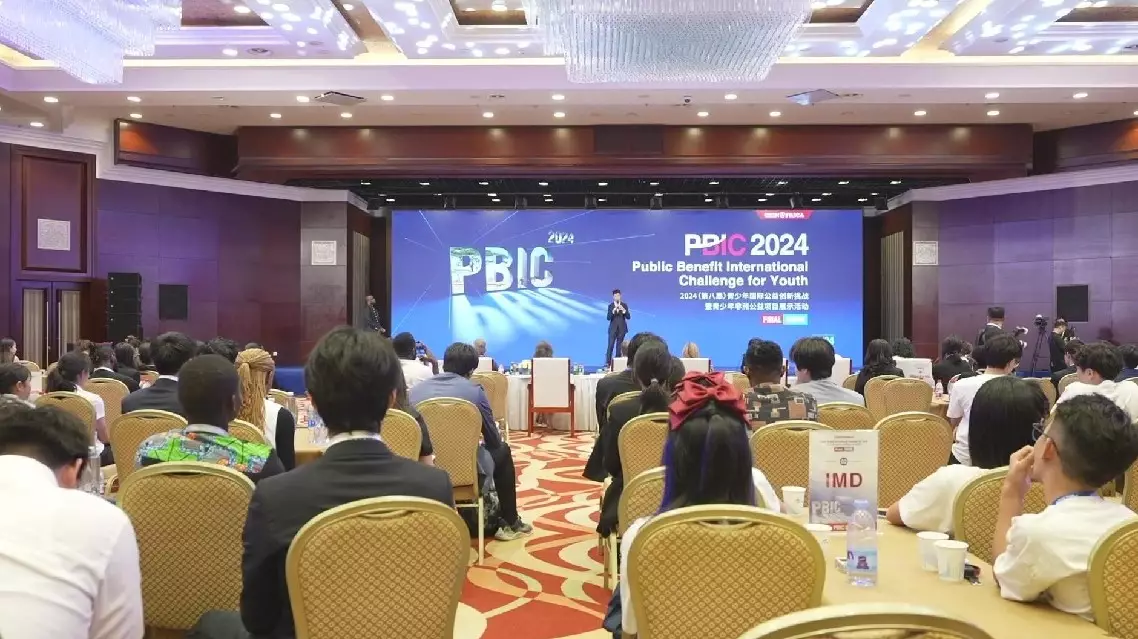
PBIC competition challenges youths to develop innovative solutions for better Africa


